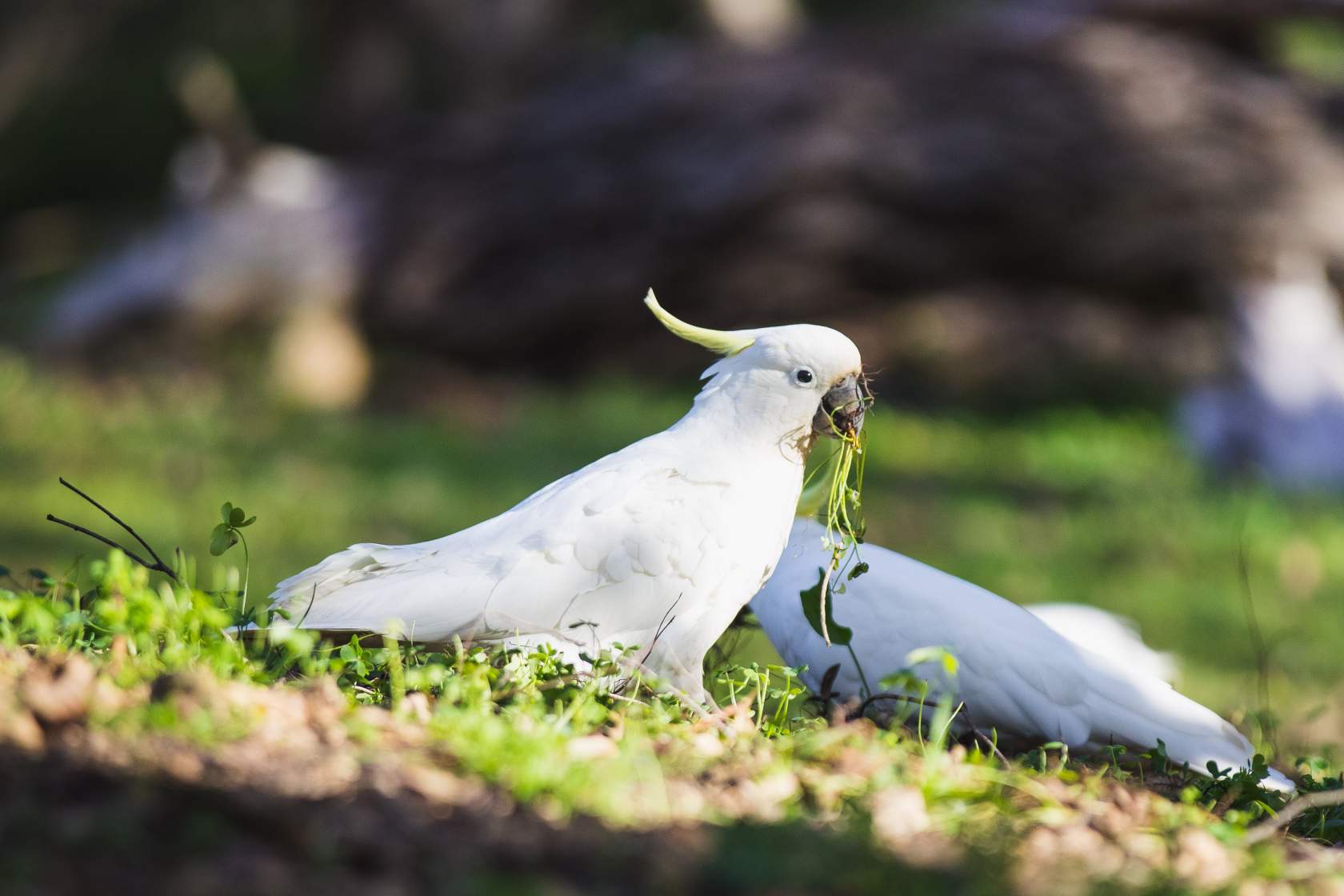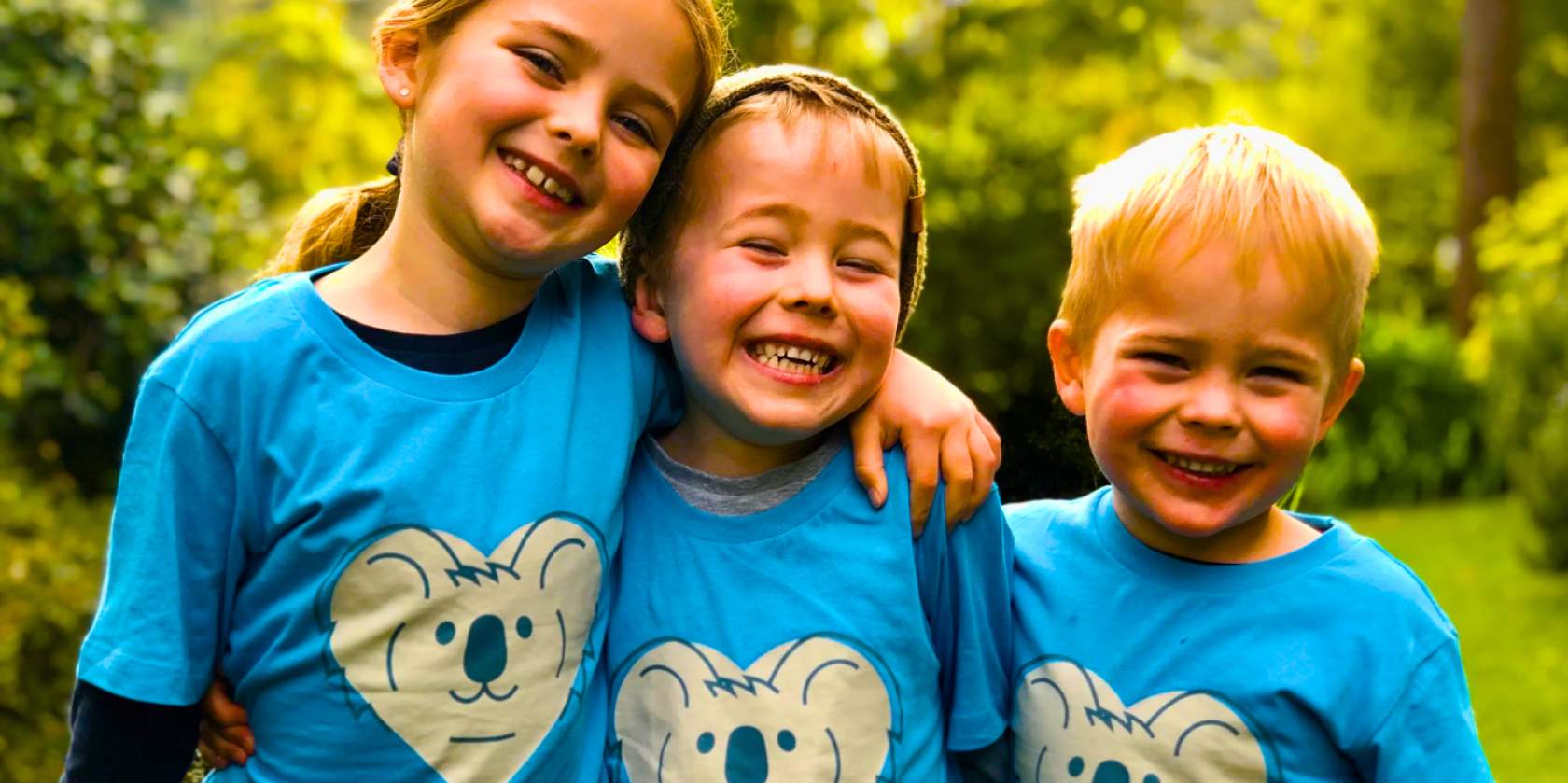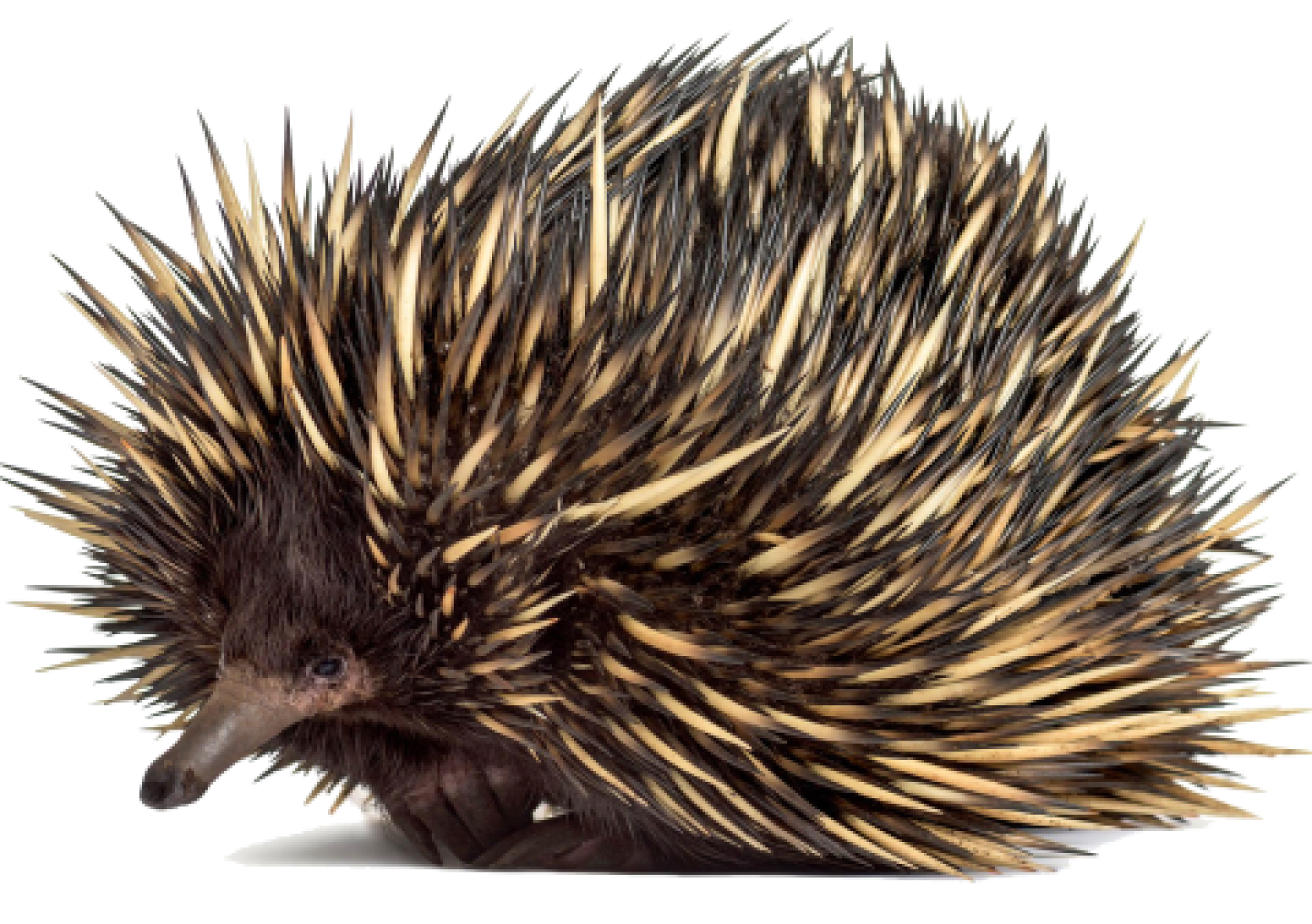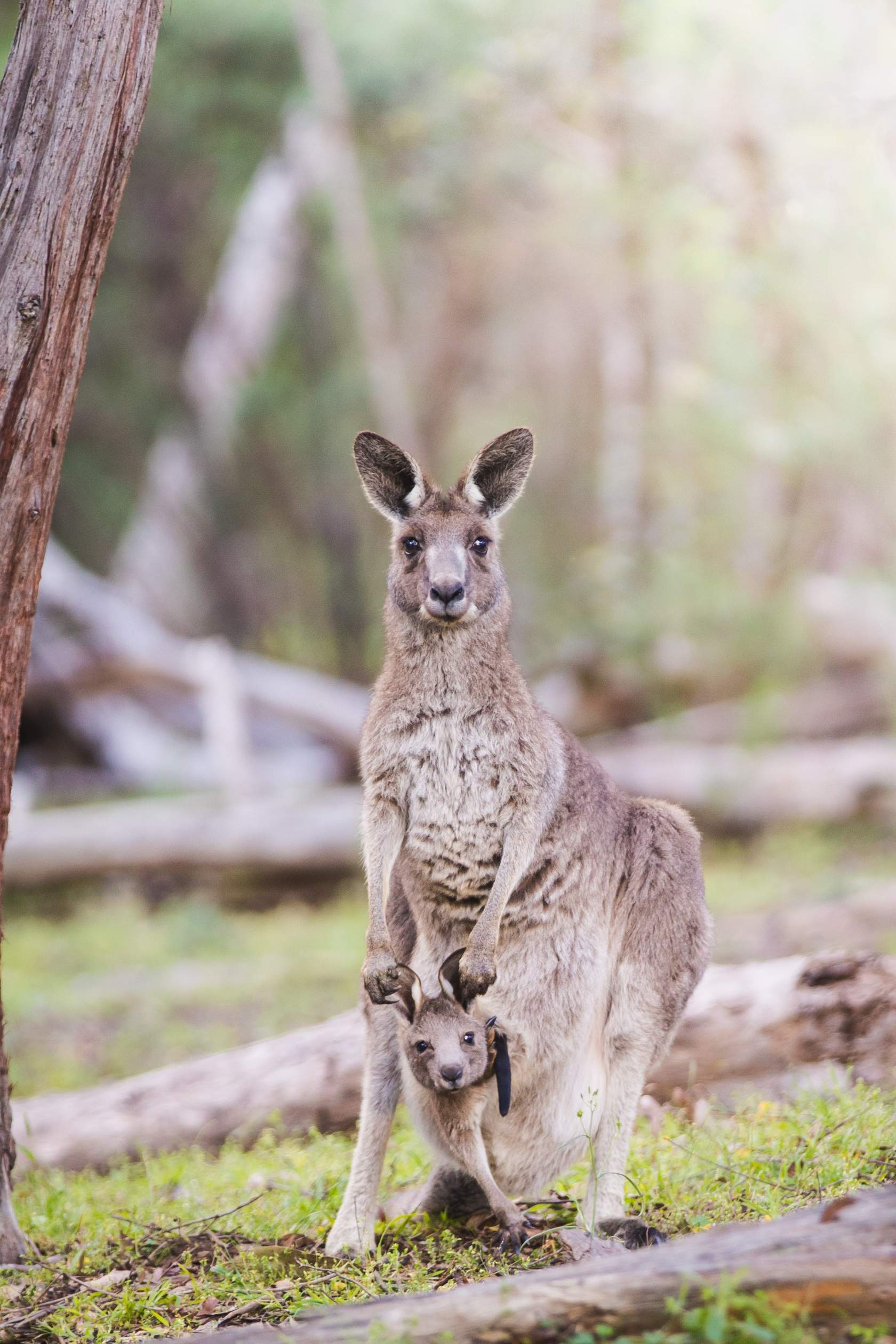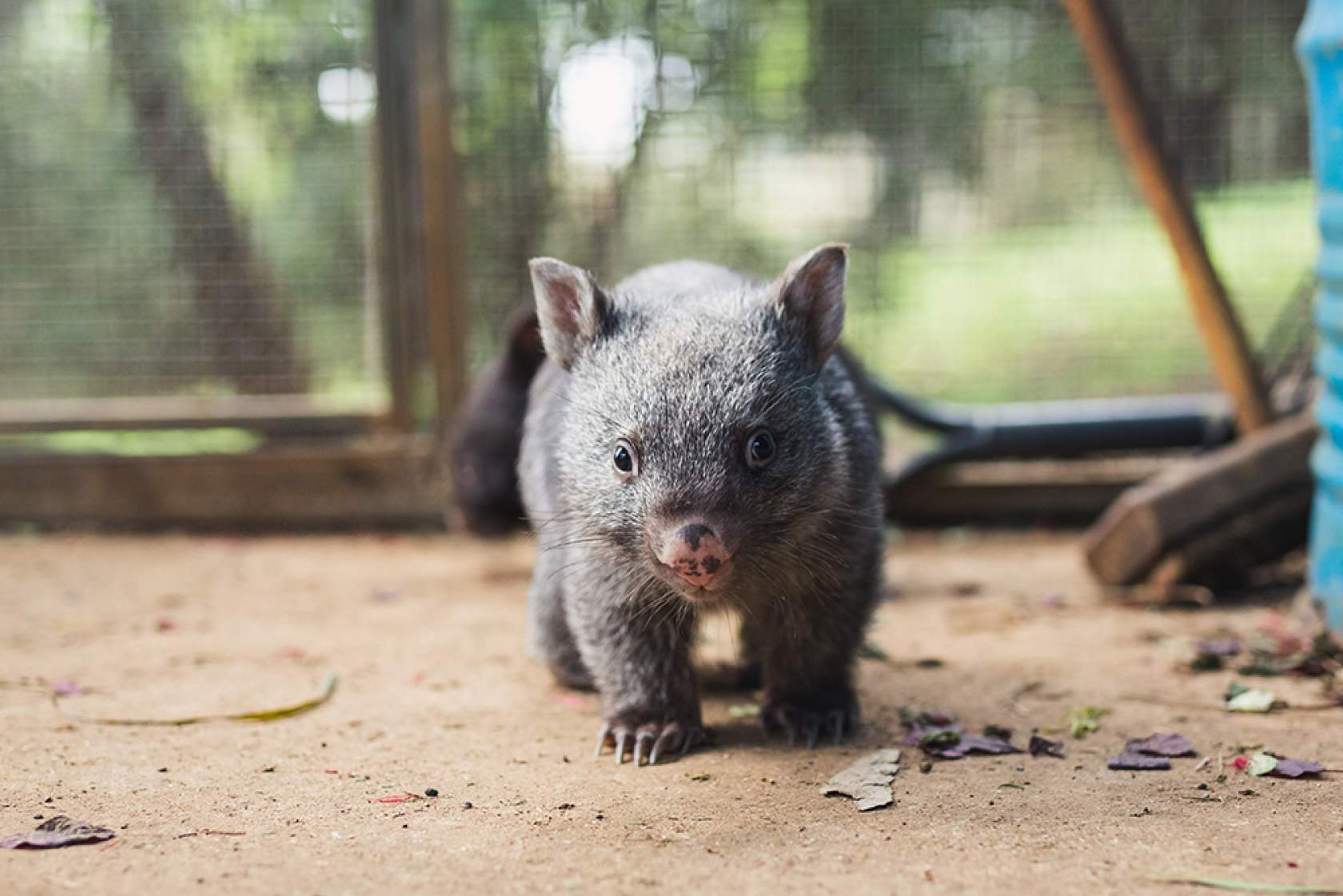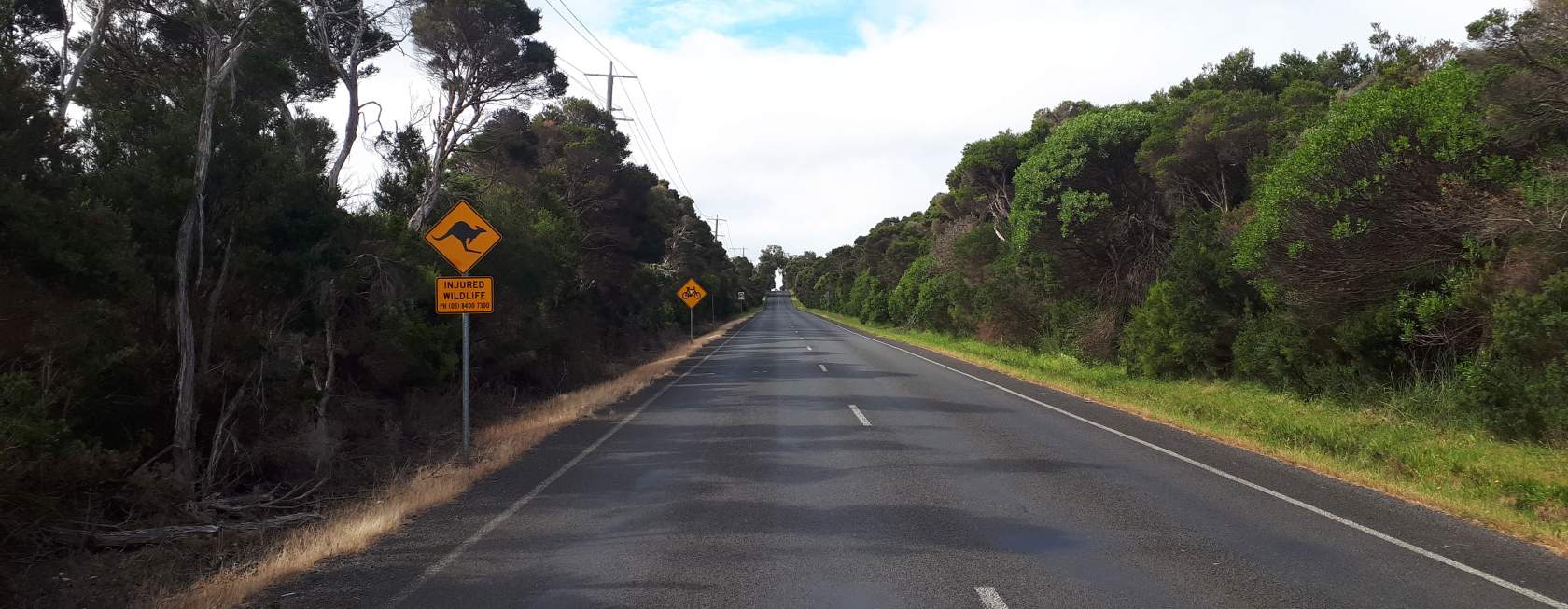
Wildlife Road Toll Reduction Project
Wildlife Victoria receives approximately 160,000 calls each year from members of the public reporting sick, injured, or orphaned wildlife.
The greatest cause of injury to wildlife is road-related accidents with tens of thousands of native animals killed or injured on Victoria’s roads each year.
To address this issue, Wildlife Victoria commenced the Wildlife Road Toll Reduction Pilot Project in June 2023.
During the pilot stage of the project, Wildlife Victoria engaged with three local governments in peri-urban and regional areas of Victoria selected for their high wildlife road tolls – Macedon Ranges, City of Greater Bendigo, and Bass Coast Shire. The aim of the initial stages of the project were to gain a practical and in-depth understanding of the issue, potential proactive actions, and barriers to implementation.
From this Wildlife Victoria developed the Wildlife Road Toll Reduction Toolkit. The toolkit was developed for local governments who are responsible for road safety in their municipalities and who want to reduce the wildlife road toll in their local area.
The toolkit focuses on a pragmatic approach to reducing the wildlife road toll by sharing insights into the issue and providing advice on potential mitigation strategies.
Next steps
Wildlife Victoria aims to continue this work to reduce the wildlife road toll by implementing the learnings of the pilot project and delivering innovative road safety strategies within municipalities across Victoria.
Wildlife Victoria will work with local councils to identify areas of high wildlife-vehicle collision and to develop and implement innovative strategies tailored to the local wildlife and habitat, road types and usage, council capacity, and community road safety expectations. The project will capture and produce data to measure the output and effectiveness of the strategies implemented.
The research and data collected as part of the project can be shared with all local governments across Victoria to support evidence-based policy decisions, and develop best practice strategies for reducing the wildlife road toll. The data can will also be shared nationally to inform state and federal governments.
For local councils interested in obtaining the Wildlife Road Toll Reduction Toolkit or partnering with Wildlife Victoria to reduce the wildlife road toll in your municipality, please contact Aleisha Hall, Acting Head of External Relations.
How you can help to reduce the Wildlife Road Toll
If you are driving and hit a native animal, or see an animal injured by the side of the road:
Call Wildlife Victoria’s Emergency Response Service on 03 8400 7300. IF SAFE pull over and wait to speak with a highly skilled wildlife Emergency Response Operator.
This is especially important for marsupials (pouched animals) as they may have in-pouch young.
In-pouch joeys can survive for up to two weeks in their mother’s pouch after she has died so its vitally important pouches are checked.
Wildlife Victoria can organise for a wildlife rescuer to come and take the joey to a wildlife shelter to be cared for and eventually returned to the wild.
Wildlife Victoria is a not-for-profit organisation that provides the community with a free 24/7 wildlife Emergency Response Service.
We rely on your generosity to continue our important work to protect Victoria’s wildlife.
You can train to become a volunteer rescuer and transporter.
Rescuers respond to calls from the Wildlife Victoria’s Emergency Response Service to attend to sick, injured, and orphaned native animals.
The Rescuer assesses the situation and will either undertake the rescue or seek further advice from our Emergency Response Operators.
The Rescuer then transports the animals to a local veterinarian, licensed wildlife shelter, or foster carer.
You will need to be comfortable both handling animals and liaising with members of the public.
For more information head to our volunteer page or email our Volunteer Services team.
